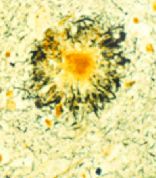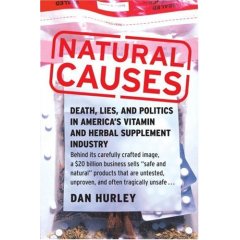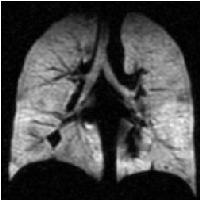 The Physicians’ Information and Education Resource (PIER) was developed by the American College of Physicians (ACP). It includes tools designed by the Ambulatory Care Quality Alliance (AQA) that are intended to help improve preventive health services and patient outcomes in asthma, coronary artery disease, diabetes, depression, falls, and heart failure.
The Physicians’ Information and Education Resource (PIER) was developed by the American College of Physicians (ACP). It includes tools designed by the Ambulatory Care Quality Alliance (AQA) that are intended to help improve preventive health services and patient outcomes in asthma, coronary artery disease, diabetes, depression, falls, and heart failure.
Interestingly, the PIER modules include information on CAM, as well as ethical and legal issues, and procedures for screening and prevention. PIER is available online to members of the American College of Physicians. This is good because attention to CAM by ACP enhances its perceived worth among its members.
But what about the rest of us?
 Policosanol is available in the United States as a nutritional supplement with claims that it lowers cholesterol levels. It has been
Policosanol is available in the United States as a nutritional supplement with claims that it lowers cholesterol levels. It has been  Generalized anxiety disorder (GAD) is
Generalized anxiety disorder (GAD) is  Agitated behavior occurs in nearly half of patients with dementia. It can be the difference between a person qualifying for different levels (and cost) of nursing home care.
Agitated behavior occurs in nearly half of patients with dementia. It can be the difference between a person qualifying for different levels (and cost) of nursing home care. Aquaculture supplies about one-third of the fish and shellfish sold today. Now, advances in this field are making aquaculturists more sensitive to the welfare of farmed fish in their final days and the potential for stress to exert an adverse effect on the quality of seafood.
Aquaculture supplies about one-third of the fish and shellfish sold today. Now, advances in this field are making aquaculturists more sensitive to the welfare of farmed fish in their final days and the potential for stress to exert an adverse effect on the quality of seafood. A recent
A recent  It’s
It’s  In his book, Natural Causes, Dan Hurley
In his book, Natural Causes, Dan Hurley  There’s evidence that blood levels of
There’s evidence that blood levels of  During the most recent meeting of the American College of Chest Physicians Dr. Paul Blanc from the University of California at San Francisco reported that half of all people with asthma use CAM.
During the most recent meeting of the American College of Chest Physicians Dr. Paul Blanc from the University of California at San Francisco reported that half of all people with asthma use CAM. Last year, legislation was submitted in Ontario, Canada that would
Last year, legislation was submitted in Ontario, Canada that would  Medical News Today has the 10 most common myths about diet and exercise.
Medical News Today has the 10 most common myths about diet and exercise. Chronic
Chronic